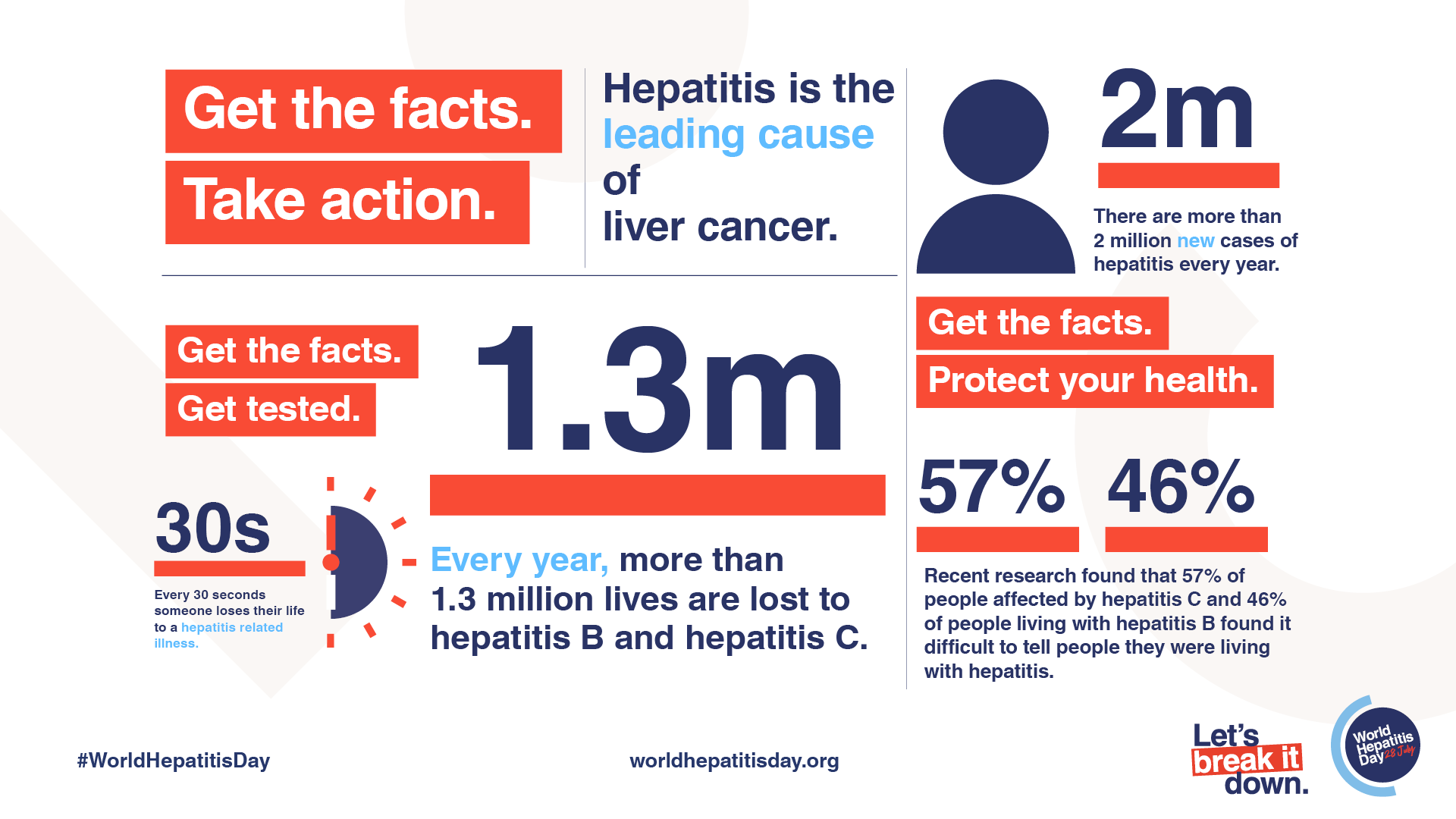From 2000-2023, more than 41,500 North Carolinians lost their lives to a drug overdose. Each day in 2023, 12 North Carolinians died from a drug overdose. Recent year death data is not yet final, but an estimated 3,025 North Carolinians (8 per day) are suspected to have died from an overdose in 2024.

Overdose does not discriminate.
One important way you can help is to have Naloxone on hand, ensure it is available to your patients and their families, and educate yourself, your staff, and people you care about, how Naloxone saves lives.
A person with a substance use disorder cannot begin recovery if they are not alive!
Who should have Naloxone on hand?
In 2018, United States Surgeon General, Dr. Jerome Adams, issued a public health advisory emphasizing the importance of naloxone in savings lives. In this advisory, he recommended the following groups of people carry naloxone and know how to use it:
- Individuals taking high doses of opioids as prescribed for the management of chronic pain
- Individuals taking prescription opioids concurrently with alcohol or sedating medications (i.e. benzodiazepines)
- Individuals misusing prescription opioids or using illicit opioids such as heroin
- Individuals with a history of opioid use disorder
- Individuals completing opioid detoxification
- Individuals recently discharged from emergency medical care following an opioid overdose
- Individuals recently released from incarceration with a history of opioid use disorder
- Family and friends of people who have opioid use disorder
- Community members who come into contact with people at risk for opioid overdose
Learn more here:
Responding to an Opioid Overdose
Source: https://naloxonesaves-nc.org/safer-use-and-overdose-prevention/what-is-naloxone/














